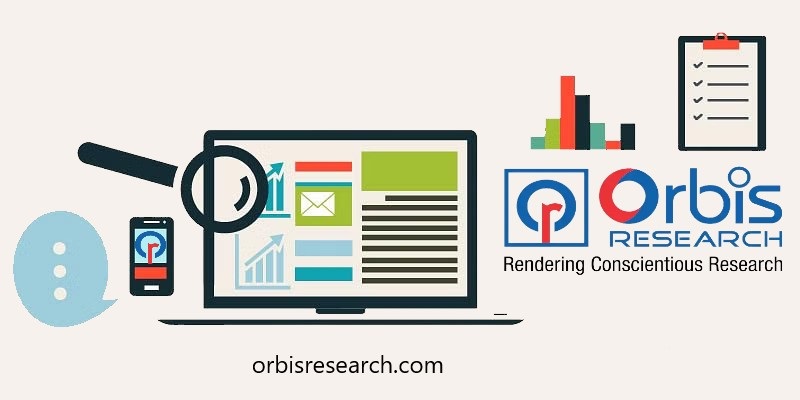In June 2021, 99% of surveyed companies agreed that webinars – seminars and presentations held online – represented a critical element of their marketing plan.
So, what is digital marketing, how are virtual events redefining digital marketing strategies, and are virtual events here to stay?
What is digital marketing?
Digital marketing, a component of marketing, uses the internet, social media and digital technologies, such as computers and smartphones, to promote and sell products and services.
Digital marketing has revolutionised the industry in the past decade and become vital to an organisation’s overall marketing strategy.
Digital marketing allows businesses to tailor content and messages to reach a specific audience and market directly to those who are likely to be interested in their product or service.
Here are eight types of digital marketing:
- Affiliate or influencer marketing sees businesses collaborate with industry experts and social media influencers who promote their products or services for compensation.
- Content marketing uses information sharing and storytelling to increase brand awareness and customer leads. Through content, such as blog posts, digital videos and podcasts, customers are urged to sign up for an email list, ask questions about a product or make a purchase.
- Email marketing sees a business send a commercial message to potential or current customers via email. The email could include advertisements of new products, business information or discounts.
- Mobile marketing reaches consumers through text messages, social media, websites, email and mobile applications. Businesses can tailor offers or content to a geographic location or time.
- Pay-per-click (PPC) sees businesses use promoted search engine results and paid advertisements to increase search traffic to their website. This is a short-term form of digital marketing, as once a business stops paying, its advertisement no longer exists.
- Search engine optimisation (SEO) is when a business uses keywords and phrases to get its web pages to rank higher in its target audiences’ Google search results, which increases traffic to the business’s website.
- Social media marketing includes creating coordinated and consistent posts for social platforms and responding to comments.
- Marketing analytics allows businesses to learn what content is successful with consumers and adapt their marketing messages accordingly. Businesses can use analytics tools such as Google Analytics to measure how their site performs, which keywords bring users to the site, and how users navigate web pages.
(Image Source: Agency Analytics)
How are virtual events redefining connection and engagement in digital marketing?
Marketing leaders spend 20% of their field marketing budget on events. So, when the business world wanted to carry on selling and promoting their products and services throughout the Covid-19 pandemic, they shifted to virtual events.
Event attendees have also increased as those who couldn’t attend events due to budget constraints, travel issues, or scheduling conflicts can now participate by simply having access to a digital device.
68% of companies measure the success of their event by attendance and the engagement of online attendees.
Virtual events also allow businesses to connect with physically impaired attendees as they can engage with the online presentation with the help of assistive technologies such as on-screen subtitles.
Here are some digital marketing strategies that virtual events have redefined:
Affiliate or influencer marketing
A business can invite journalists, experts or influencers to a virtual event where they launch a new product. Those who attended the event can then promote the product through affiliate marketing strategies – such as offering a discount on their social media – in return for compensation or benefits from the business.
Virtual product launches and demonstrations generate a buzz around the product while expanding access to a larger, geographically distributed audience.
Social media marketing
Hosting an Instagram Live can allow customers to learn more about your business and engage in conversations about your products or services.
Virtual competitions can also be hosted through a brand’s social media platform. This encourages their followers to participate, engage and share their content with a broader audience.
Content marketing
A virtual conference or summit will increase brand awareness and build credibility by showcasing your organisation’s thought leadership around a specific product or service. This will also generate business leads and grow your audience as the presenter can give attendees the opportunity to purchase with a discount code or sign up for emails.
Educational, informative and promotional webinars are also a valuable addition to a content marketing strategy as it allows attendees in different locations to see the presentation, hear the presenter and ask questions about the topic or product.
Future of virtual events
Before the Covid-19 pandemic, hybrid or virtual events only accounted for 18.9% of all events. However, the pandemic catalysed the evolution of virtual and hybrid events.
Virtual events create opportunities for businesses to connect and engage with wider geographical audiences, increase their return on investment (ROI), and are less hassle to organise.
However, it is now likely that many businesses will adopt a hybrid approach to promote and sell their products or services. Hybrid events stream content from a physical event to a virtual audience and are the best way to get the best of both formats.
A LinkedIn poll asking event professionals how they want to host their business events in 2023 showed that hybrid and in-person events are almost neck-to-neck in popularity. Here are the results:
- In-Person: 35%
- Hybrid: 34%
- Virtual: 29%
- Others: 2%
With the right audience and focus, hybrid events are a robust digital marketing tool that benefits businesses and attendees. However, hybrid events will need investment, planning and commitment to achieve this.
Events are becoming digital marketing campaigns, and event calendars are evolving into digital marketing strategies. The future for events isn’t just becoming more virtual but a lot more exciting.
https://www.maddyness.com/uk/2023/10/19/a-virtual-tomorrow-are-virtual-events-redefining-connection-and-engagement-in-digital-marketing/




